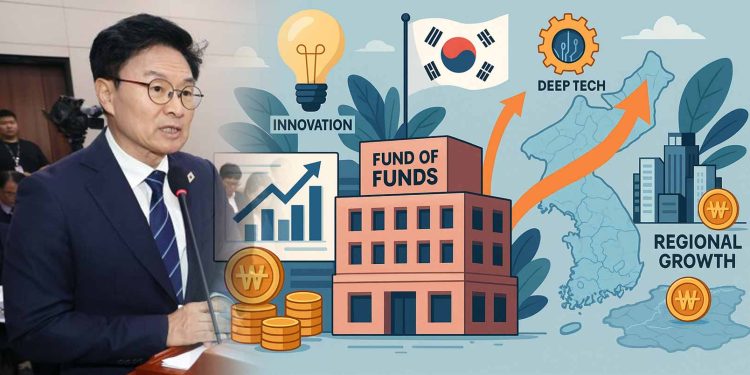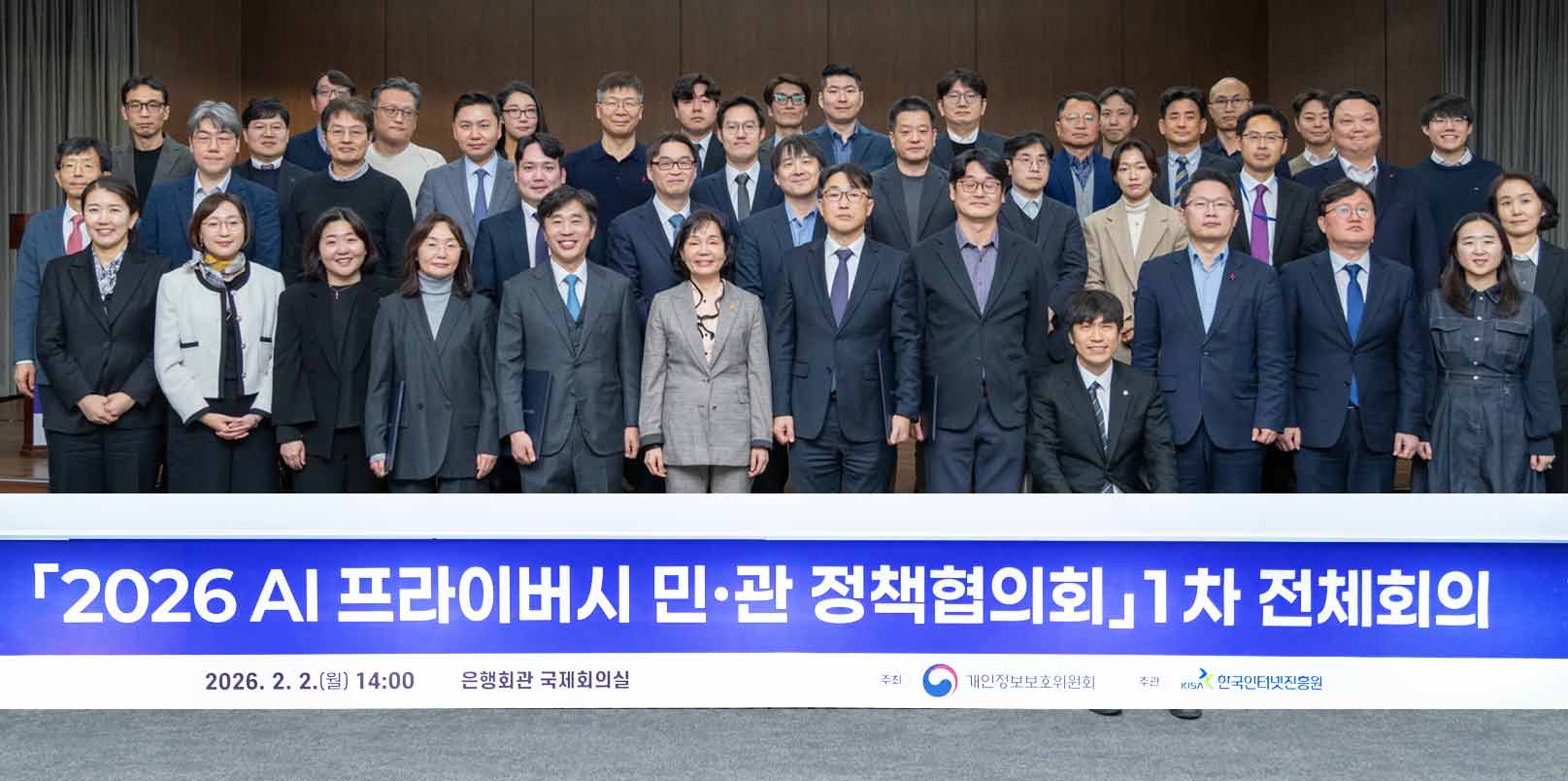In an era when policy volatility can shake investor confidence overnight, Korea is quietly building permanence into its venture foundation. The latest legislative move and administrative reform to secure the national Fund of Funds signals a long-term commitment to sustaining deep-tech, AI, and regional innovation. It becomes a strategic effort to ensure Korea’s startup finance remains predictable amid global uncertainty.
Korea Creates Legal Foundation for Permanent Fund of Funds Operation
Korea has taken a major policy step toward long-term innovation financing. The National Assembly’s Industry, Trade, Energy, SMEs, and Startups Committee passed an amendment to the Venture Investment Promotion Act that effectively makes the Korea Fund of Funds (Mother Fund) permanent.
The move establishes a stable legal foundation for continuous public co-investment in startups and venture capital, ensuring that key sectors — including AI, deep-tech, and regional innovation clusters — retain sustained funding support.
According to Representative Jeong Jin-wook of the Democratic Party of Korea, who sponsored the amendment, the goal is to “prevent the suspension of a policy fund that supports the foundation of Korea’s venture ecosystem and enable it to operate indefinitely under parliamentary oversight.”
The Fund of Funds and Its Expiration Risk
The Korea Fund of Funds, launched in 2005, is the nation’s core policy vehicle for co-investment with private venture funds. It allocates government capital to early-stage, regional, and emerging startups, helping attract private investors to sectors considered too risky for commercial financing.
However, the law limited its lifespan to 30 years, meaning the fund would automatically terminate in 2035 unless extended. This prompted industry-wide concern that such a sunset would lead to reduced private participation, investment gaps in early-stage ventures, and a weakened regional startup ecosystem.
Under the newly approved amendment, the fund’s operational period will:
- Be delegated to the Presidential Decree for flexible administration,
- Allow 10-year extensions upon approval by the fund’s investor general assembly, and
- Require the Minister of SMEs and Startups to report to the National Assembly before each extension is granted.
This structure ensures institutional continuity while maintaining democratic oversight.
Sustaining Korea’s Policy Investment Engine
Representative Jeong Jin-wook emphasized that the Fund of Funds remains the policy priming engine that drives Korea’s venture market, saying:
“If the Fund of Funds (Mother Fund) ends before a strong base of private capital is established, the entire venture investment ecosystem could be destabilized. This amendment ensures stable and sustainable operation through institutional oversight, reinforcing the national foundation for venture growth.”
He added that sectors like AI and deep-tech require long-term, patient capital that private investors alone cannot sustain. Without government-backed continuity, he warned, “Korea’s technological competitiveness could suffer.”
Jeong Jin-wook, who previously founded a startup before entering politics, has been a key advocate for early-stage and regional venture development within the National Assembly’s SME and Startup Committee.
The Fund of Fund Permanence Push: Policy Continuity Amid Market Uncertainty
While the amendment settles the question of the Fund of Funds’ longevity, it does not end the policy debate surrounding its operation.
Lawmakers are still pursuing discussions in the National Assembly to split the fund’s annual budget into multi-year stages, arguing it could improve fiscal efficiency. However, investors warn that such a “phased contribution” model could undermine the stability of co-investment structures that depend on predictable annual commitments.
In parallel, some members of parliament are also calling for a reduction in the fund’s total budget allocation, claiming that a portion of its capital often remains unspent within a single fiscal year. Startup and venture groups counter that these temporary surpluses are part of normal fund cycles, and that trimming allocations would weaken Korea’s ability to respond quickly to global investment shifts.
These ongoing fiscal disputes reveal the tension between efficiency-driven policymaking and long-term ecosystem stability — a balance that Korea must now navigate carefully to maintain credibility with global investors.
By establishing a legal framework for permanent operation, the amendment restores predictability for both domestic and global investors, reaffirming Korea’s long-term commitment to innovation finance.
It also strengthens the foundation for national initiatives such as the TIPS program, the NEXT UNICORN Project, and regional Mother Fund networks, all of which rely on consistent capital flows from the Fund of Funds to maintain continuity and attract global partnerships.
Analysts note that the reform aligns Korea’s venture investment system with international best practices, ensuring a sustained public–private balance in high-risk, high-potential sectors.
A More Predictable Venture Capital Horizon
With the committee’s approval, the amendment now moves to the Legislation and Judiciary Committee before the final plenary vote. If enacted, it will mark a turning point in Korea’s venture finance framework — establishing policy permanence even as fiscal debates continue.
Meanwhile, this signifies a more predictable venture capital horizon for founders and investors, where long-term capital and regulatory stability coexist with ongoing fiscal scrutiny. In an environment where innovation cycles move faster than budgets, that balance could define Korea’s competitiveness for the decade ahead.
– Stay Ahead in Korea’s Startup Scene –
Get real-time insights, funding updates, and policy shifts shaping Korea’s innovation ecosystem.
➡️ Follow KoreaTechDesk on LinkedIn, X (Twitter), Threads, Bluesky, Telegram, Facebook, and WhatsApp Channel.






